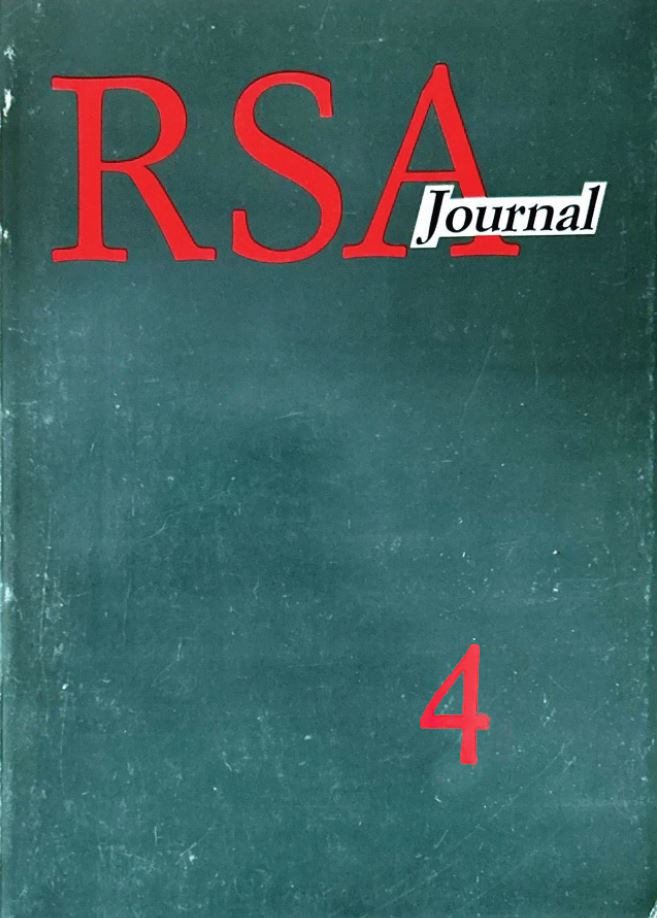The American Frontier and the Initiation Rite to a National Literature
The Example of “Edgar Huntly” by Charles Brockden Brown
DOI:
https://doi.org/10.13135/1592-4467/9000Keywords:
the American frontier, American wilderness, Native Americans, Charles Brockden BrownAbstract
Since its beginning, much American writing has been based on a rhetoric of migration. For the novelists of the New Republic, internal migration of the westward movement had already become a national archetype from which many American myths were to spring. A case in point is C. Brockden Brown's Edgar Huntly where the frontier environment becomes the projection of a condition of the human mind. The uncertainty of the frontier, and its parallel metaphor of sleep-walking, come to prefigure the gnoseological and philosophical turmoil of Post-Revolutionary Americans. In Brown's gothic novel, the American wilderness and its native inhabitants generate horror, and evil takes on an ontological rather than historical dimension.
Downloads
Published
Issue
Section
License
RSAJournal will apply a CC BY 4.0 license to all its contributions starting with issue 37 (2026). Previous issues are licensed under a CC BY-NC-ND licence.





